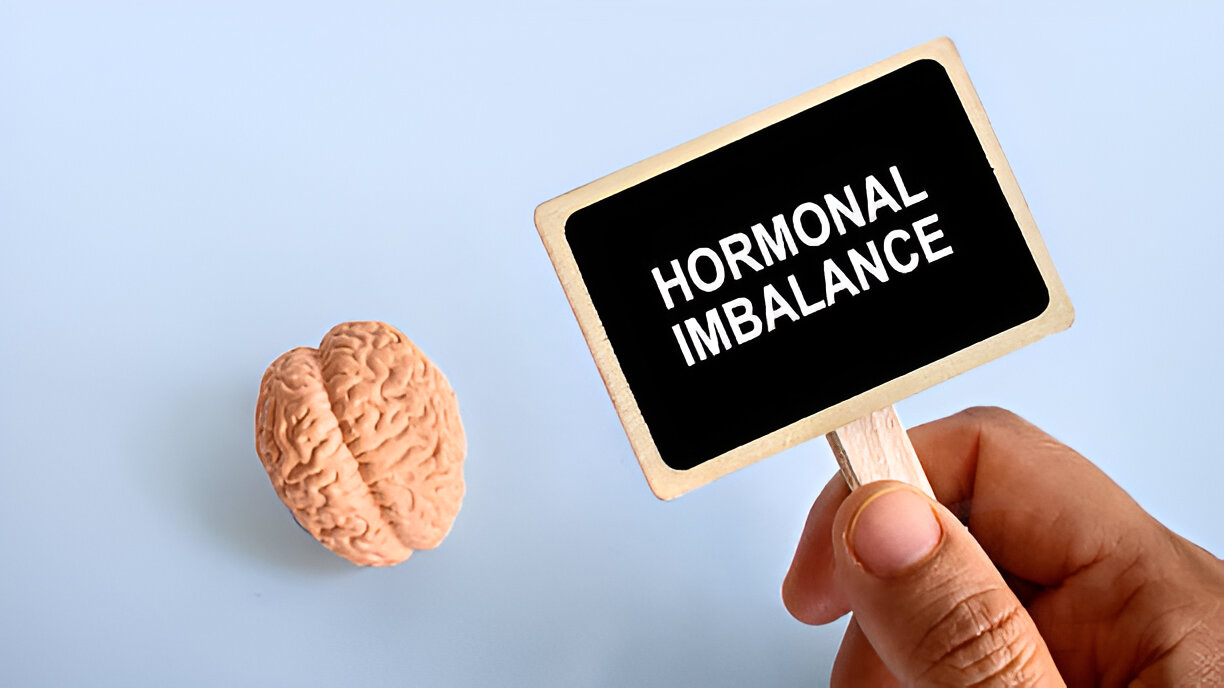Hormonal Imbalance in Women: Causes and Solutions
Hormones are the body’s chemical messengers, critical in regulating everything from mood and metabolism to menstrual cycles and fertility. For women, even a slight imbalance can lead to a range of physical and emotional symptoms. Hormonal imbalance is more common than many realize and can affect women at any stage of life, from puberty to menopause.
What Is Hormonal Imbalance?
Hormonal imbalance occurs when there is too much or too little of a hormone in the bloodstream. Since hormones regulate so many body processes, an imbalance can have wide-ranging effects on health and well-being.
Common Causes of Hormonal Imbalance in Women
- Polycystic Ovary Syndrome (PCOS) PCOS is a leading cause of hormonal imbalance and affects how a woman's ovaries function. It often leads to irregular periods, acne, weight gain, and infertility.
- Thyroid Disorders Both hypothyroidism (underactive thyroid) and hyperthyroidism (overactive thyroid) can disrupt the hormonal balance and affect metabolism, mood, and energy levels.
- Stress Chronic stress increases cortisol levels, which can interfere with the balance of reproductive hormones like estrogen and progesterone. .
- Poor Diet & Lifestyle A diet high in sugar, processed foods, and lack of exercise can contribute to weight gain and insulin resistance, affecting hormone production.
- Perimenopause & Menopause Hormonal shifts during these stages are natural, but they can cause symptoms like hot flashes, mood swings, and sleep disturbances.
- Birth Control Pills & Medications Certain hormonal contraceptives or treatments can alter natural hormone levels and lead to an imbalance.
Symptoms of Hormonal Imbalance
- Irregular or missed periods
- Unexplained weight gain or loss
- Fatigue
- Mood swings, anxiety, or depression
- Acne or oily skin
- Hair thinning or excessive hair growth
- Sleep disturbances
- Low libido
If you experience persistent symptoms, it's important to consult a gynecologist or endocrinologist.
Solutions and Management
Managing hormonal imbalance involves a combination of lifestyle changes, medical treatment, and self-care.
- Balanced Diet Eat whole foods rich in fiber, healthy fats, and protein. Include leafy greens, whole grains, and foods rich in omega-3s to support hormone production.
- Exercise Regularly Moderate physical activity helps maintain a healthy weight and reduces stress, which in turn helps balance hormones.
- Manage Stress Practice relaxation techniques such as yoga, meditation, or deep breathing to control cortisol levels.
- Medical Treatment Depending on the cause, doctors may prescribe hormone replacement therapy, thyroid medications, or treatments for PCOS.
- Adequate Sleep Aim for 7–8 hours of quality sleep each night, as hormones are regulated during rest.
- Avoid Toxins Reduce exposure to hormone-disrupting chemicals found in plastics, processed foods, and certain cosmetics.
Hormonal imbalance in women is not just a minor inconvenience, it can significantly affect overall health and quality of life. Understanding the signs, knowing the causes, and taking proactive steps can help restore balance and improve well-being. If you're experiencing symptoms, don’t ignore them. Seek medical advice and take charge of your hormonal health.

